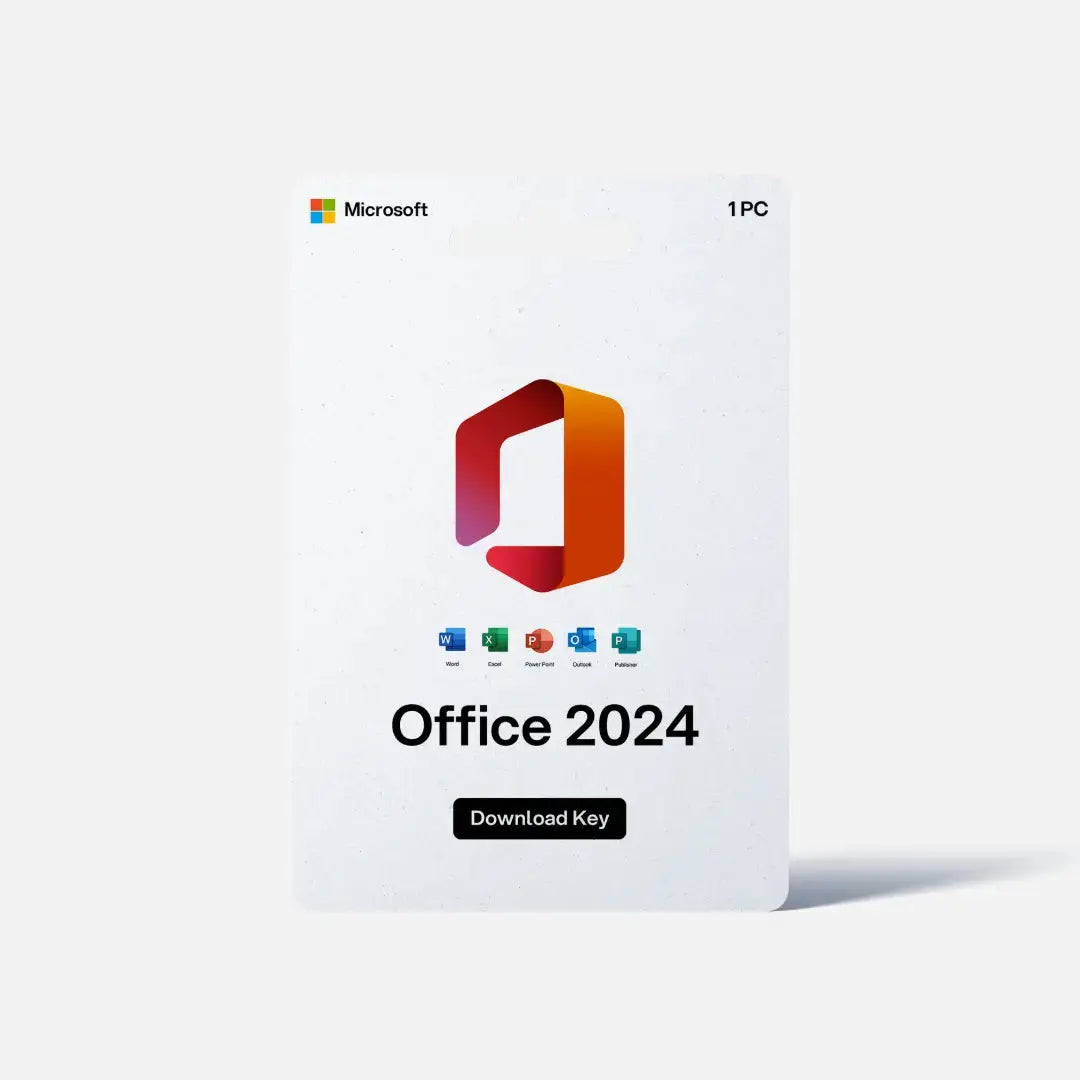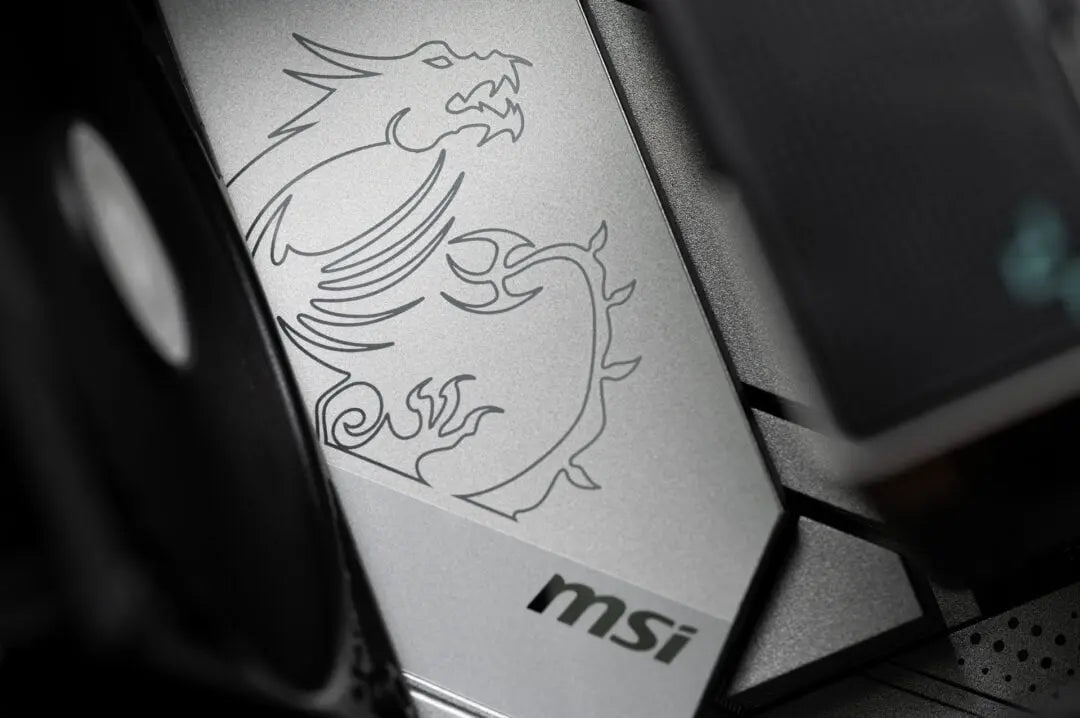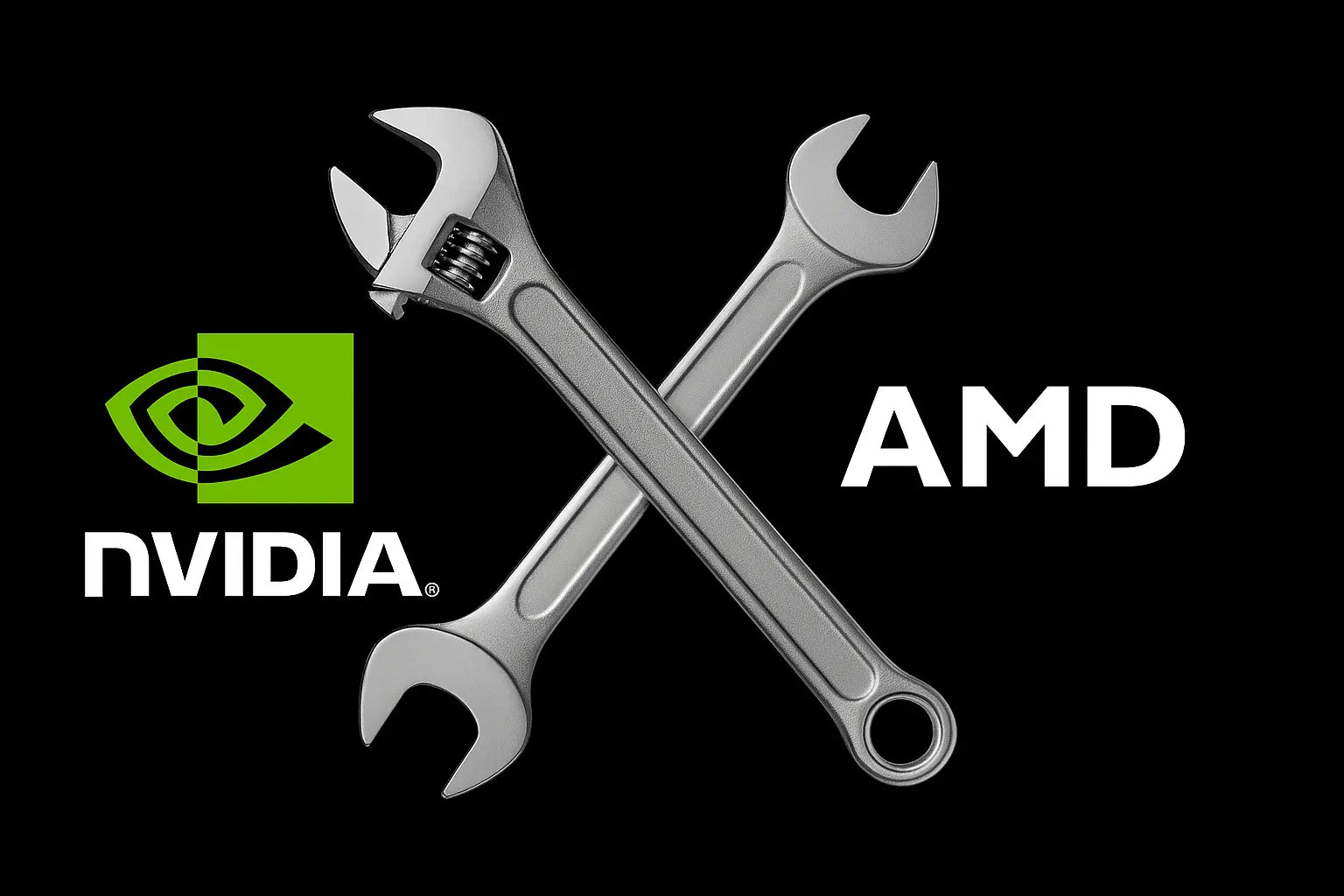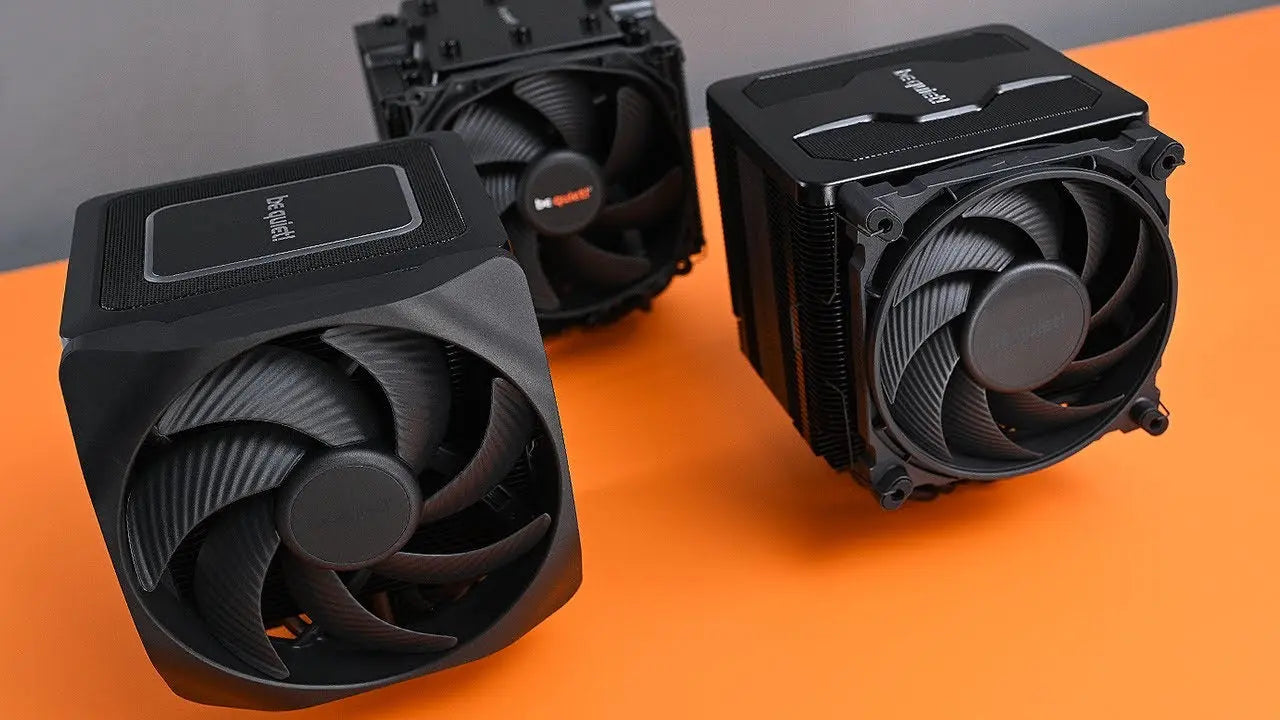Anyone who delves into the topic of gaming PCs quickly encounters a number of technical terms: CPU, GPU, motherboard, RAM – but what exactly do they mean? In this article, we'll explain all the important components of a gaming PC – in an easy-to-understand and practical way.
1. CPU – the brain of the PC
The Central Processing Unit (CPU) , also called processor, is responsible for all computing operations.
In gaming, for example, it takes care of physics, AI, and all background processes.
-
For beginners: AMD Ryzen 5 or Intel Core i5
-
For demanding gamers: Ryzen 7 / i7 or higher
💡 Tip: A powerful CPU is especially important for strategy games or simulations with many units.
2. GPU – the graphics card as the performance center
The graphics processing unit (GPU) is the most important component for gaming. It calculates all visual content and determines FPS, detail, and resolution.
-
Full HD: RTX 4060 / RX 7600
-
WQHD: RTX 4070 / RX 7800 XT
-
4K: RTX 4080 / RX 7900 XTX or higher
Without a good graphics card, you can't enjoy smooth gaming – it directly impacts your gaming experience.
3. RAM – the main memory
Random Access Memory (RAM) is your system's short-term storage. The more RAM, the more tasks your PC can handle simultaneously.
-
Minimum: 16 GB for current games
-
Optimal: 32 GB for multitasking, streaming and high graphics settings
Also pay attention to the speed (e.g. 6000 MHz for DDR5) and dual-channel configuration for more performance.
4. Mainboard – the control center
The mainboard (motherboard) connects all components together.
Here you can decide, for example, about:
-
RAM type & amount
-
CPU compatibility (socket)
-
Number and type of ports (USB, M.2, PCIe, etc.)
It must match the CPU – a Z790 board, for example, is designed for 13th/14th generation Intel Core processors.
5. Storage – SSDs & HDDs
For fast loading times, you need an SSD (solid state drive). It's up to 10x faster than a traditional HDD.
-
For games & system: NVMe SSD with 1–2 TB
-
For large amounts of data (e.g. recordings): additional HDD with 2–4 TB
💡 Tip: Without an SSD, modern games start noticeably slower – now standard on all new PCs.
6. Power supply – invisible but crucial
The power supply supplies all components with power. Not only the wattage is important, but also the efficiency (e.g., 80+ Gold).
-
550–650 W for entry-level setups
-
750–1000 W for high-end GPUs and many components
A good power supply protects against voltage spikes and ensures stability.
7. Cooling – air or water?
A gaming PC generates a lot of heat – good cooling is a must.
-
Air coolers : affordable, low-maintenance, reliable
-
Water cooling (AIO) : better temperatures, especially for high-end CPUs
In addition, there are case fans that should ensure a clean air flow.
8. Housing – more than just a shell
The case influences design, volume and expandability:
-
Enough space for GPU & fan?
-
Good air circulation?
-
Dust filter & cable management?
Choose a case that not only looks good but is also functional.
Conclusion: Coordinate all components
A powerful gaming PC is only as good as its interaction.
CPU, GPU, RAM, motherboard, storage, and power supply must all be compatible. With a little know-how (or the right advice), you can put together your perfect setup.
FYARE is happy to help you – with preconfigured systems or customized builds tailored to your exact requirements.






Share:
How much RAM does a gaming PC really need?
How to enable Secure Boot (Windows 10 & 11)